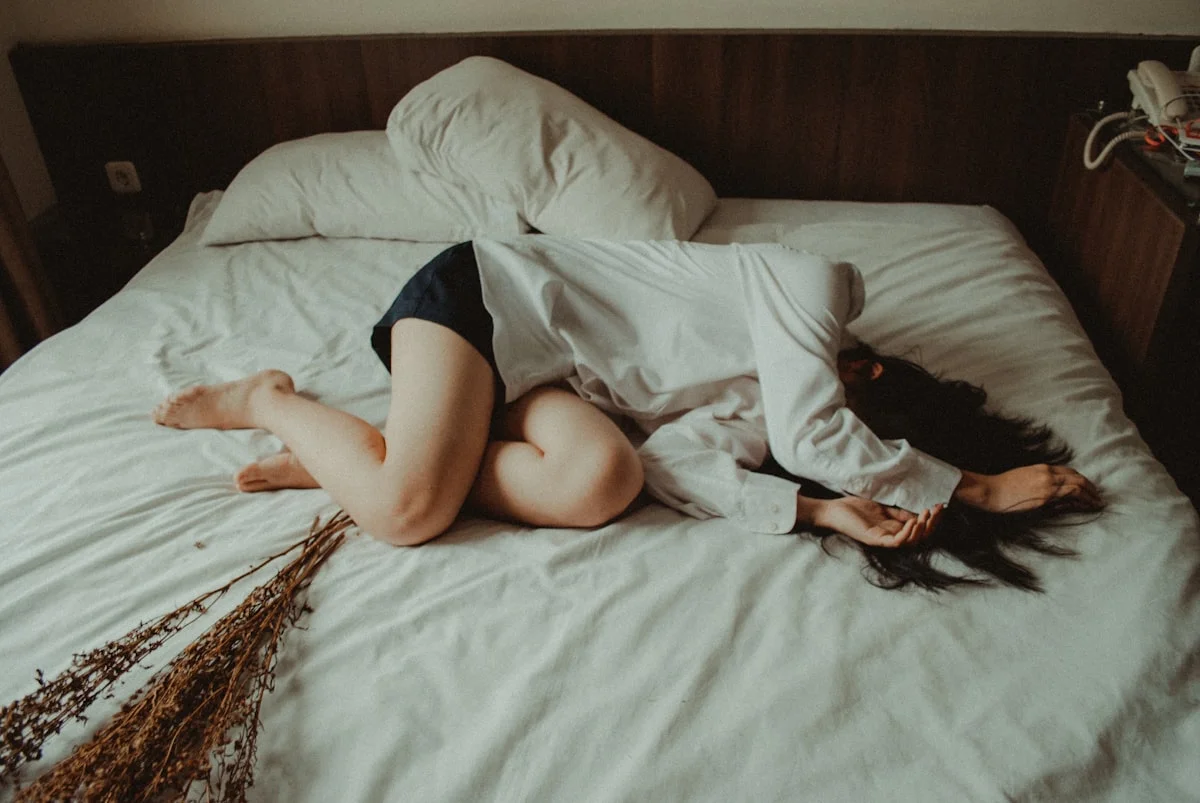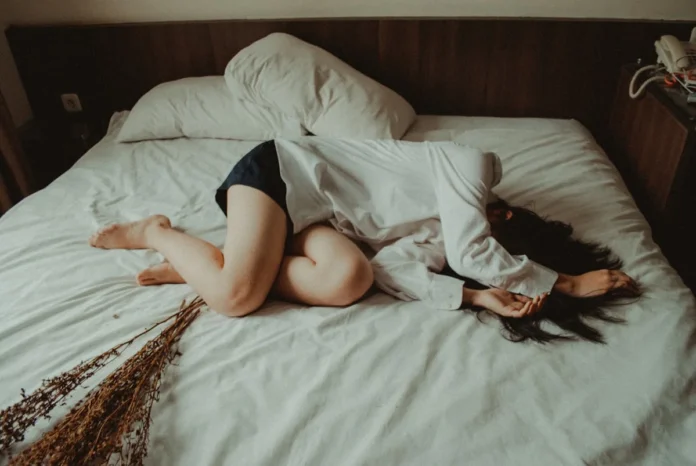Understanding Bipolar Disorder and Its Connection to Anxiety and Depression
Bipolar disorder is a complex mental health condition characterized by extreme mood swings, including emotional highs (mania or hypomania) and lows (depression). Many individuals with bipolar disorder also experience symptoms of anxiety and depression, making treatment a challenging balancing act. Finding the best bipolar medication for anxiety and depression requires careful consideration of how different medications interact with these co-occurring conditions.

Managing bipolar disorder alongside anxiety and depression often involves a combination of mood stabilizers, antidepressants, and anti-anxiety medications. However, not all medications work the same for everyone, and some may even worsen symptoms if not properly prescribed. This post explores the most effective medications for treating bipolar disorder while addressing anxiety and depression.
Mood Stabilizers as the Foundation of Treatment
Mood stabilizers are typically the first line of treatment for bipolar disorder. These medications help regulate the extreme mood swings associated with the condition. Lithium is one of the most well-known and widely used mood stabilizers. It has been proven effective in reducing manic episodes and preventing relapse into depression. Lithium also has some anti-suicidal properties, making it a valuable option for those struggling with severe depressive symptoms.
Valproate, also known as divalproex sodium, is another mood stabilizer often prescribed for bipolar disorder. It is particularly effective for rapid-cycling bipolar disorder and mixed episodes where symptoms of mania and depression occur simultaneously. Valproate may also help alleviate anxiety symptoms in some individuals, though it is not specifically designed as an anti-anxiety medication.
Lamotrigine for Bipolar Depression
Lamotrigine stands out among mood stabilizers for its effectiveness in treating bipolar depression. Unlike some other medications that primarily target manic symptoms, lamotrigine has shown significant benefits in managing depressive episodes without triggering mania. This makes it an excellent option for individuals whose bipolar disorder manifests primarily as depression with less frequent manic episodes. Lamotrigine may also have mild anti-anxiety effects, though it is not typically prescribed solely for anxiety disorders.
Antipsychotics in Bipolar Treatment
Atypical antipsychotics play a crucial role in managing bipolar disorder, especially when symptoms are severe or when other medications have proven ineffective. Quetiapine is one of the most versatile antipsychotics for bipolar treatment, as it is approved for treating both manic and depressive episodes. Many patients find that quetiapine helps with anxiety symptoms as well, thanks to its sedating effects at lower doses.
Lurasidone is another antipsychotic that has shown particular efficacy in treating bipolar depression without increasing the risk of manic episodes. It may also help with anxiety symptoms, though its primary function is mood stabilization. Olanzapine, when combined with fluoxetine in a medication called Symbyax, is specifically approved for treatment-resistant bipolar depression and may offer relief for those struggling with both depression and anxiety.
The Role of Antidepressants in Bipolar Treatment
The use of antidepressants in bipolar disorder remains somewhat controversial. While they can be effective for depressive symptoms, there is a risk of triggering manic episodes or rapid cycling. For this reason, antidepressants are typically prescribed alongside mood stabilizers when used in bipolar treatment. Selective serotonin reuptake inhibitors (SSRIs) like fluoxetine and sertraline are sometimes used cautiously in bipolar depression, particularly when anxiety is a prominent symptom.
Bupropion is another antidepressant that may be considered for bipolar depression, especially when fatigue and lack of motivation are significant symptoms. It has a lower risk of causing manic switches compared to other antidepressants and may be less likely to worsen anxiety symptoms. However, it’s important to note that antidepressants should never be used alone in bipolar disorder, as this can destabilize mood and worsen the condition.
Addressing Anxiety in Bipolar Disorder
Anxiety frequently co-occurs with bipolar disorder, complicating treatment decisions. Some mood stabilizers and antipsychotics have inherent anti-anxiety properties, as mentioned earlier. For more severe anxiety symptoms, doctors may consider adding specific anti-anxiety medications to the treatment regimen. However, benzodiazepines like clonazepam or lorazepam are generally used cautiously and only for short-term relief due to their potential for dependence and the risk of worsening depressive symptoms.
Buspirone is a non-benzodiazepine anti-anxiety medication that may be safer for long-term use in bipolar patients with anxiety. It does not carry the same risk of dependence as benzodiazepines and is less likely to interact negatively with mood stabilizers. Some anticonvulsant medications used as mood stabilizers, such as gabapentin or pregabalin, may also help with anxiety symptoms, though they are not FDA-approved specifically for this purpose in bipolar disorder.
Personalized Treatment Approaches
Finding the best bipolar medication for anxiety and depression is highly individualized. What works well for one person may be ineffective or even harmful for another. Factors such as the predominant type of bipolar disorder (I or II), the frequency of mood episodes, the severity of anxiety symptoms, and personal medical history all play a role in determining the optimal medication regimen.
Many patients find that a combination of medications works best for managing their symptoms. For example, a mood stabilizer like lithium or lamotrigine might be combined with a low dose of an antipsychotic like quetiapine to address both mood instability and anxiety. Regular monitoring and medication adjustments are often necessary to maintain stability and minimize side effects.
The Importance of Comprehensive Treatment
While medication is a crucial component of managing bipolar disorder with co-occurring anxiety and depression, it should ideally be part of a comprehensive treatment plan. Psychotherapy, particularly cognitive behavioral therapy (CBT) and interpersonal and social rhythm therapy (IPSRT), can significantly enhance medication effectiveness. Lifestyle modifications including regular sleep patterns, exercise, and stress management techniques also play vital roles in maintaining mood stability.
Support from mental health professionals, family, and peer support groups can make a substantial difference in treatment outcomes. Patients should work closely with their psychiatrists to monitor medication effects and make adjustments as needed. It’s important to remember that finding the right medication combination often takes time and patience, and what works may change over the course of the illness.
Conclusion
Treating bipolar disorder when it coexists with anxiety and depression requires a nuanced approach that balances mood stabilization with relief from depressive and anxious symptoms. While mood stabilizers like lithium and lamotrigine form the foundation of treatment, carefully selected antipsychotics and occasionally antidepressants may be added to address specific symptoms. The best bipolar medication for anxiety and depression varies from person to person, emphasizing the need for personalized treatment plans under professional guidance.
With proper medication management and comprehensive care, many individuals with bipolar disorder can achieve significant symptom relief and improved quality of life. Ongoing communication with healthcare providers and a commitment to the treatment plan are essential for long-term success in managing this complex condition.



